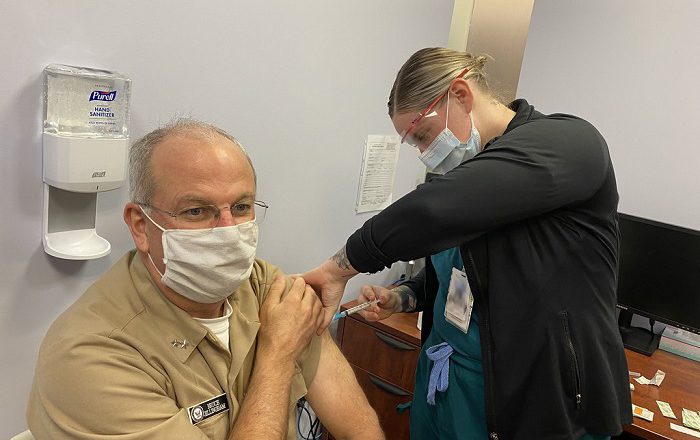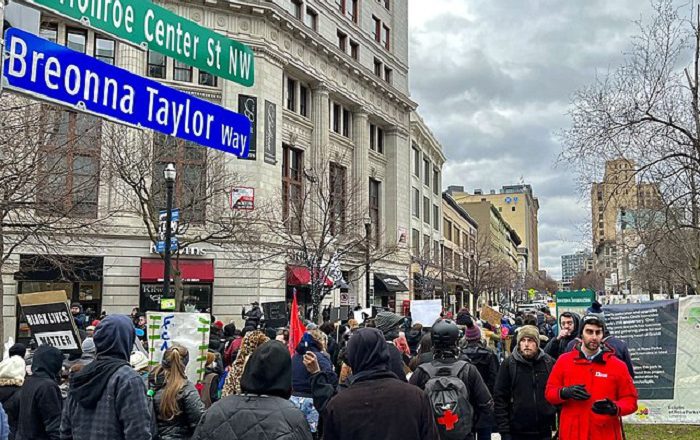An Epidemiologist Scoured The Latest Research And Has Some Answers To The Question – Do You Need A Second Booster Shot?
In late March 2022, the U.S. Food and Drug Administration authorized a second booster shot of COVID-19 vaccines for vulnerable populations in the U.S., a move that was soon after endorsed by the Centers for Disease Control and Prevention. People ages 50 years and older and certain immunocompromised individuals who are at higher risk for severe disease, hospitalization and death are eligible four months after receiving the initial booster shot.
A second booster shot is equivalent to a fourth dose for people who received a Pfizer-BioNTech or Moderna mRNA series or a third dose for those who received the single-shot Johnson & Johnson vaccine.
In Israel, people in these same vulnerable categories began receiving fourth doses in January 2022. The U.K. recently started administering a four...


